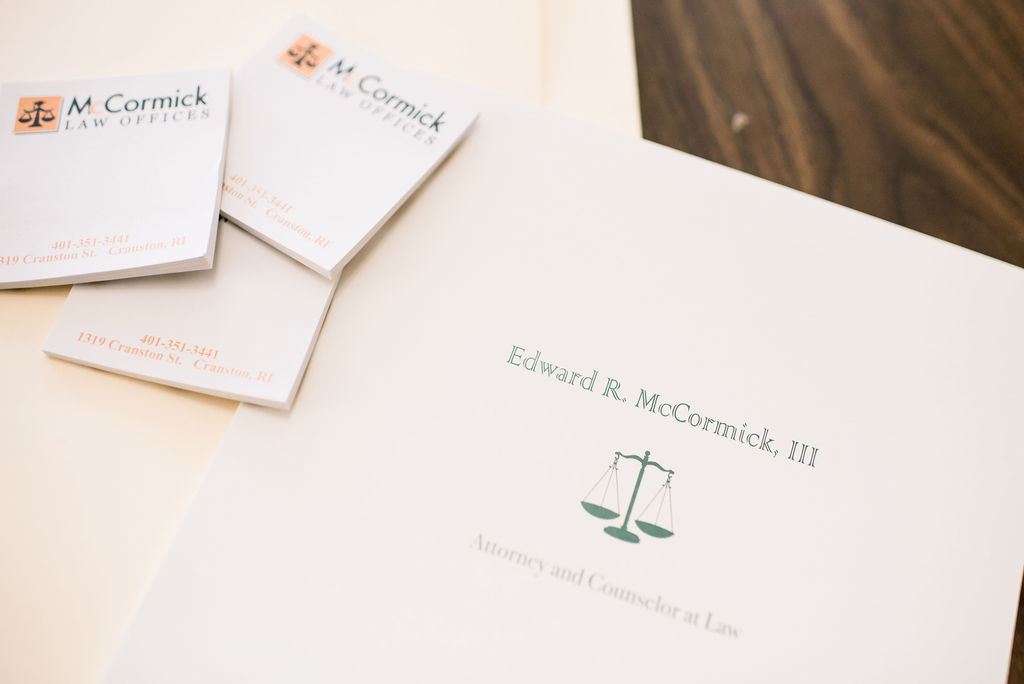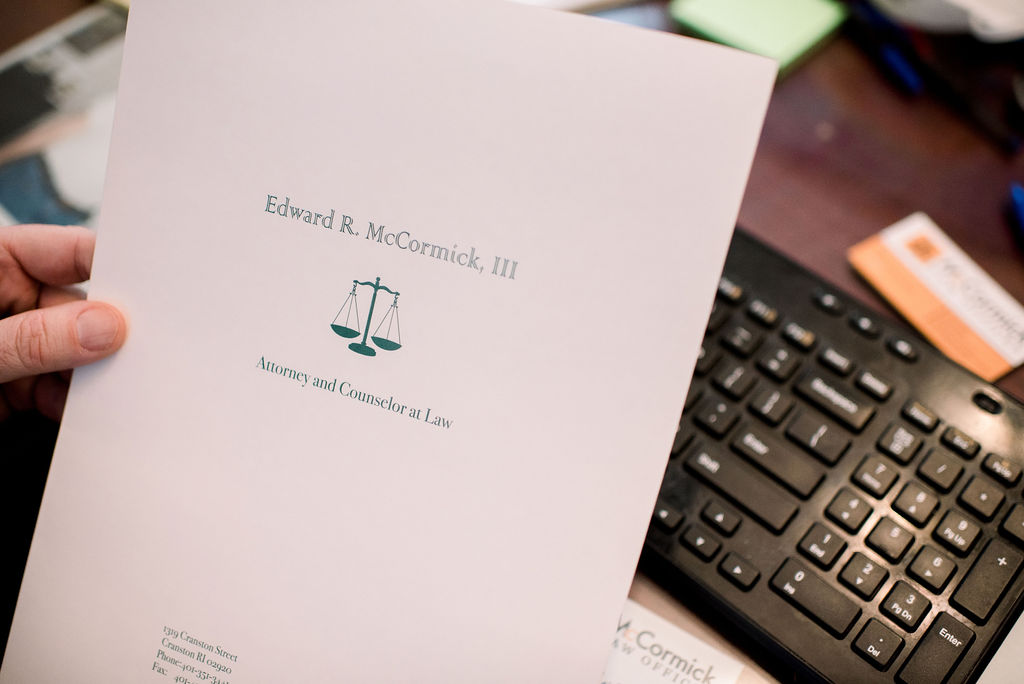More couples are living together without getting married—but this choice can come with legal complications. Without the protections of marriage, Rhode Island couples may face disputes over property, debts, or support if the relationship ends. Knowing how to create a cohabitation agreement in Rhode Island helps you safeguard your finances, property rights, and peace of mind.
What Is a Cohabitation Agreement?
A cohabitation agreement is a written contract between two unmarried individuals who live together. It outlines the rights and responsibilities of each partner, especially regarding:
- Property ownership
- Shared expenses
- Debts and liabilities
- Support in case of separation
- Estate planning intentions
This legal document helps avoid costly disputes if the relationship ends or one partner passes away.
Why You Need One in Rhode Island
Unlike some other states, Rhode Island does not recognize common law marriage. That means:
- You have no automatic legal claim to your partner’s assets
- Shared property may be contested without documentation
- Unmarried partners are not protected by divorce laws
A cohabitation agreement fills these legal gaps and provides clarity for both parties.
What to Include in a Rhode Island Cohabitation Agreement
1. Property and Asset Ownership
Clarify:
- What assets are jointly owned
- What remains separate
- How property will be divided if the relationship ends
2. Financial Contributions
Document:
- How living expenses are shared
- How major purchases (like a home or car) will be handled
- Reimbursement terms for unequal contributions
3. Debts and Liabilities
Outline:
- Who is responsible for existing debts
- How new shared debts will be managed
4. Support or Maintenance
Agree on whether either partner will receive financial support after separation, especially in long-term relationships.
5. Dispute Resolution
Include a method for resolving disagreements—such as mediation or arbitration.
6. Estate Planning Language
Although this agreement isn’t a will, it can reference intentions for inheritance and support other estate planning documents.
Steps to Create a Legally Enforceable Agreement
- Have a Conversation – Talk openly with your partner about expectations and concerns.
- Draft the Agreement – Work with an experienced family law attorney to ensure the contract is clear and legally sound.
- Disclose All Assets and Debts – Full transparency is critical for enforceability.
- Review and Revise – Each party should review the agreement separately (with counsel, if desired).
- Sign and Notarize – Both partners should sign the final version and have it notarized.
- Keep It Updated – Revisit the agreement if your relationship status, finances, or living arrangements change.
Can a Cohabitation Agreement Be Contested?
Yes, but only under limited circumstances, such as:
- Fraud or concealment of assets
- Duress or coercion
- Lack of legal capacity (e.g., intoxication)
- Unconscionable or unfair terms
A properly drafted agreement, prepared with legal guidance, will likely stand up in court.
Related Reading
Learn more about legal protections for couples and property:
Final Thoughts
Understanding how to create a cohabitation agreement in Rhode Island can save couples from uncertainty and legal turmoil. This simple but powerful legal tool provides protection and peace of mind—especially when significant assets, real estate, or long-term commitments are involved.
Want to protect your relationship and your rights?
Contact McCormick Law Offices to draft a customized cohabitation agreement that works for you.







